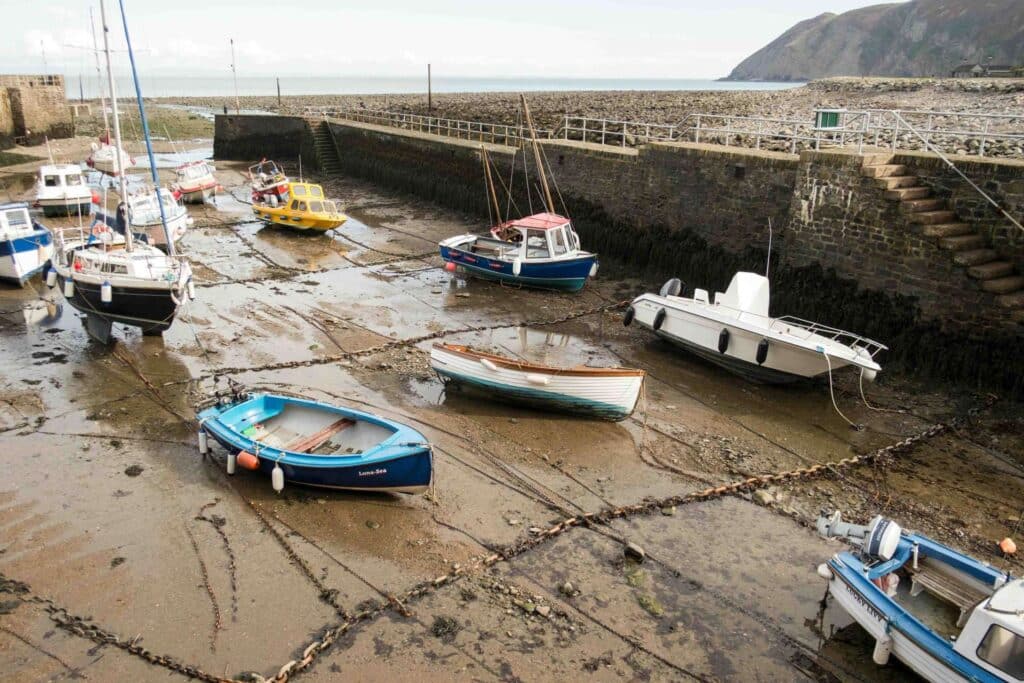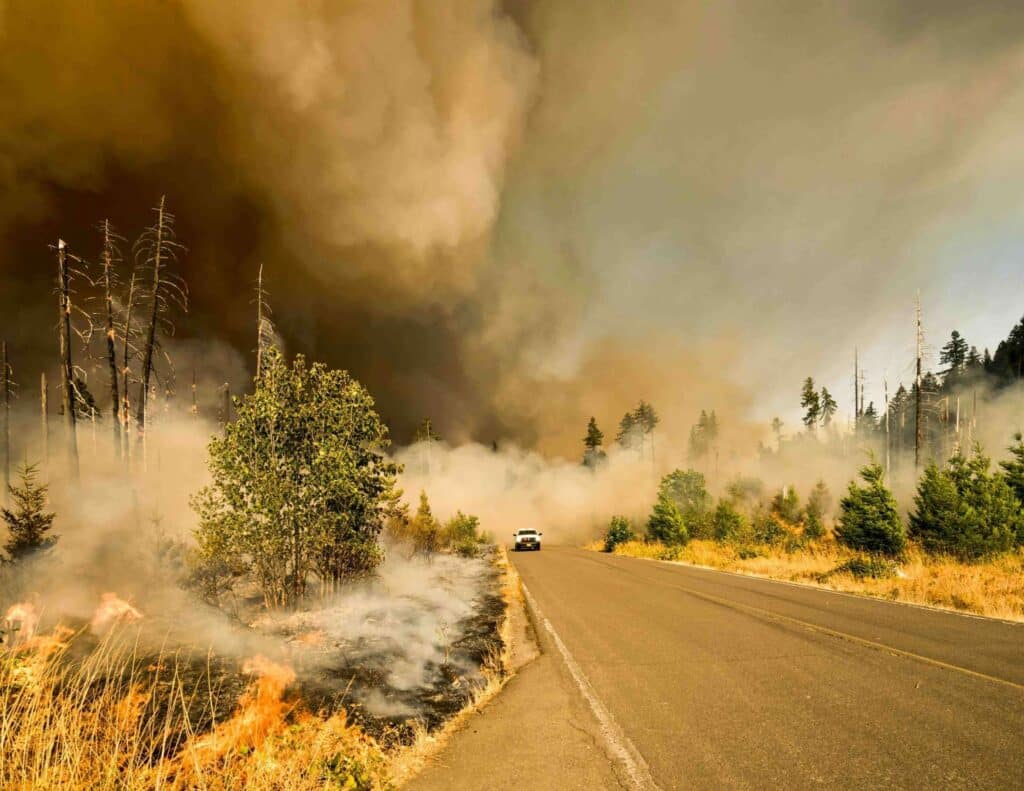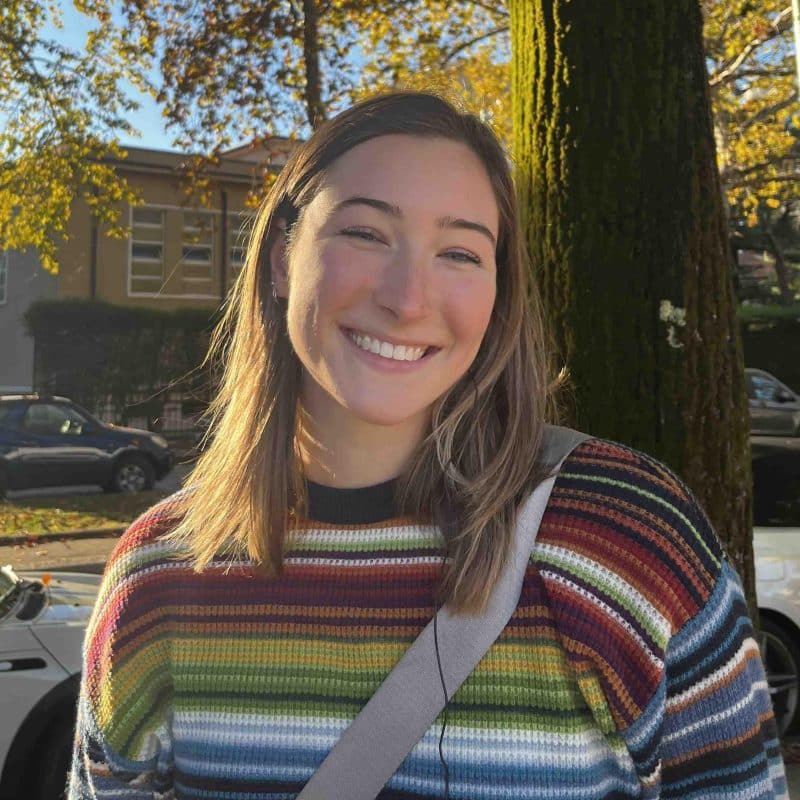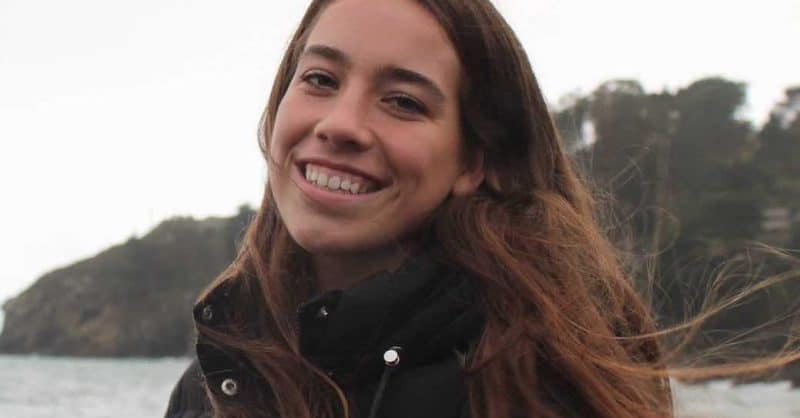Over the past few years, we found ourselves living through multiple pandemics at once. My question is: how do we want to be remembered? This is a thought exercise. But by the end of this article, I hope you will see this as a truly existential question. But hold on to that for now…
The Pandemic
Throughout the Covid pandemic the word “unprecedented” was used repeatedly, suggesting that a viral pandemic had never happened before. But the world and our country had been through this before, many times. For me, unprecedented serves as an excuse for inaction and ineffective leadership – it is a way to let ourselves off the hook.
We’ve experienced pandemics over centuries and our behavior during pandemics has been less than humane. In 1348, parents in Florence abandoned their children in the streets to save their own lives. In 1665, Londoners were described as losing all concern for neighbors and family. In 1918, leaders in Philadelphia could not find volunteers to bring food to sick children and adults in quarantine – their communities left them to starve
In a March 2020 article in the New York Times, the columnist David Brooks noted that around 53,000 Americans died during World War I and the country responded by celebrating the victory and the sacrifices the country made. The reason being: people were proud of how they behaved. By contrast, he said that though 675,000 people died during the 1918 pandemic, few people talked about the experience, no plays or books were written about it (until recently). He posited that people were ashamed of how they behaved and didn’t want to face the brutal truth.
Our recent experience with the COVID-pandemic has been similar to every other pandemic. Can you imagine abandoning your kids on the street to save yourself? Or ignoring your neighbors? Or letting people starve?
Maybe not, but we did see mass hoarding, people ignoring medical advice, and rebellion against social distancing and mask wearing. At times it seems as though we have abandoned our civic responsibilities and basic respect for each other as humans.
How will we be remembered?
The Climate Crisis
As many have noted, as a global community we are living through a slow-moving pandemic, which makes it hard to see. That pandemic is the climate crisis.
Many refer to the Climate Crisis as “unprecedented”, suggesting we haven’t been aware this is happening. But the Climate Crisis isn’t unprecedented in the sense that for over 50 years (and really, over 100 years) scientists have been saying it is human caused and linked to burning fossil fuels. Just like Covid, saying this is unprecedented is an excuse people use for their own inaction and lack of leadership.
And there is no excuse for inaction or lack of leadership on the Climate Crisis because: We know this is real. We know the impacts. We know how to fix it – solutions exist, and we just need to implement them.
Yet, we seem unwilling to make meaningful change. Our behavior in dealing with the Climate Crisis is no different than human behavior during pandemics.
So, my question is: How do we want to be remembered? As people who prioritized their self-interest, who abandoned their children, who ignored their neighbors and communities? Or as people who were willing to change their behavior to improve the lives of their children, their neighbors, their communities, and the lives of everyone in the world?
What can we do?
We all need to change our behavior. This isn’t complicated. In most cases it doesn’t require radical change. We aren’t talking about everyone becoming vegetarian (though full disclosure: I am one). As a social and environmental impact consultant, I believe there are two simple things we can all do to make a difference: Use Less and Care More.
Use Less
What does it mean to Use Less? Americans are rabid consumers of nearly everything, which has a significant environmental impact. Let me share two simple ideas on how you can Use Less.
One – Consider your water use. How we use water impacts downstream communities. A tangible example is the Colorado River, which no longer flows to the ocean because all the water is extracted by humans along the way. Communities further along the river don’t have the same access as those up the river. And the Federal Government is now requiring that the seven states who rely on the Colorado River to reduce their water use by an aggregate 40% because of low river flows.
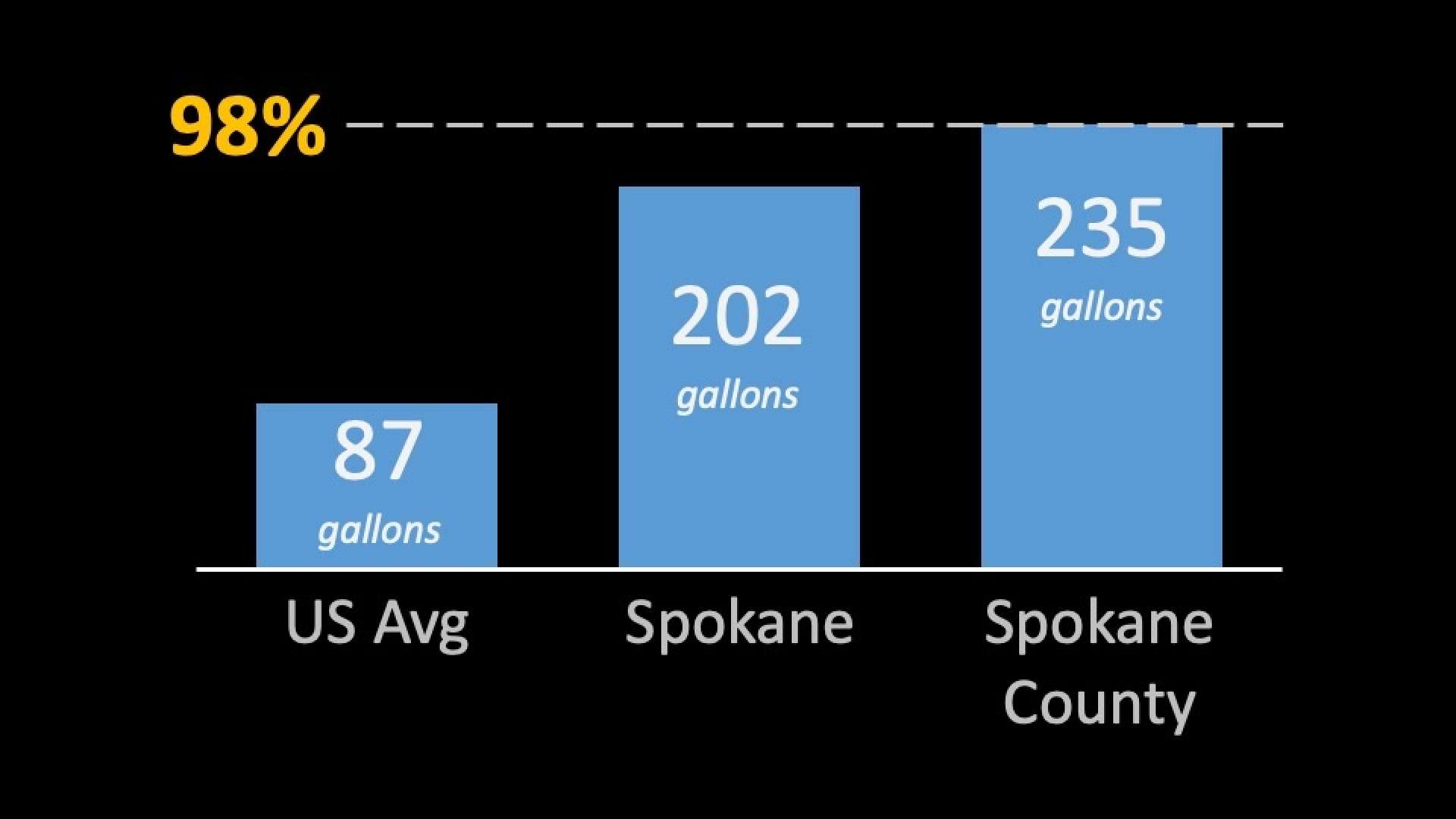
Our water use also has an impact on aquatic wildlife. Take fish. They have an important role in natural ecosystems and have been an essential staple for indigenous communities for millennia. According to the USGS, Spokane is in the top 2% of water use per capita – 98% of communities use less water per person than people living in Spokane. In the Midwest, non-replenishing water sources are being depleted rapidly, which will lead to water shortages that impact both agriculture and communities. In 2018, Cape Town, South Africa nearly reached a point where municipal water would be turned off. They only averted the crisis through shared community sacrifice and severe water rationing.
Here’s what can you do. Regardless of where you live, yellow is the new green. In Spokane, we live on the edge of a desert – our grass isn’t meant to stay green (my backyard used to be a good example). In 2018, my family was using 70,000 gallons a month to keep our yard green – that’s enough water to hydrate 150 people for 1 year – totally absurd! Unless you live in an area where grass stays green naturally, stop watering your lawn! Remove your grass and re-introduce native plants. We should all have the expectation that water is a shared resource
Two – reduce your waste. We buy a lot of stuff, we really like stuff. George Carlin created a whole comedy routine around stuff – you should check it out.
The World Bank estimates that waste is growing twice as fast as the global population – they predict 3.5 billion tons of waste by 2050. The EPA estimates that waste in the US has tripled over the past 60 years and that packaging accounts for 30% of all our waste.
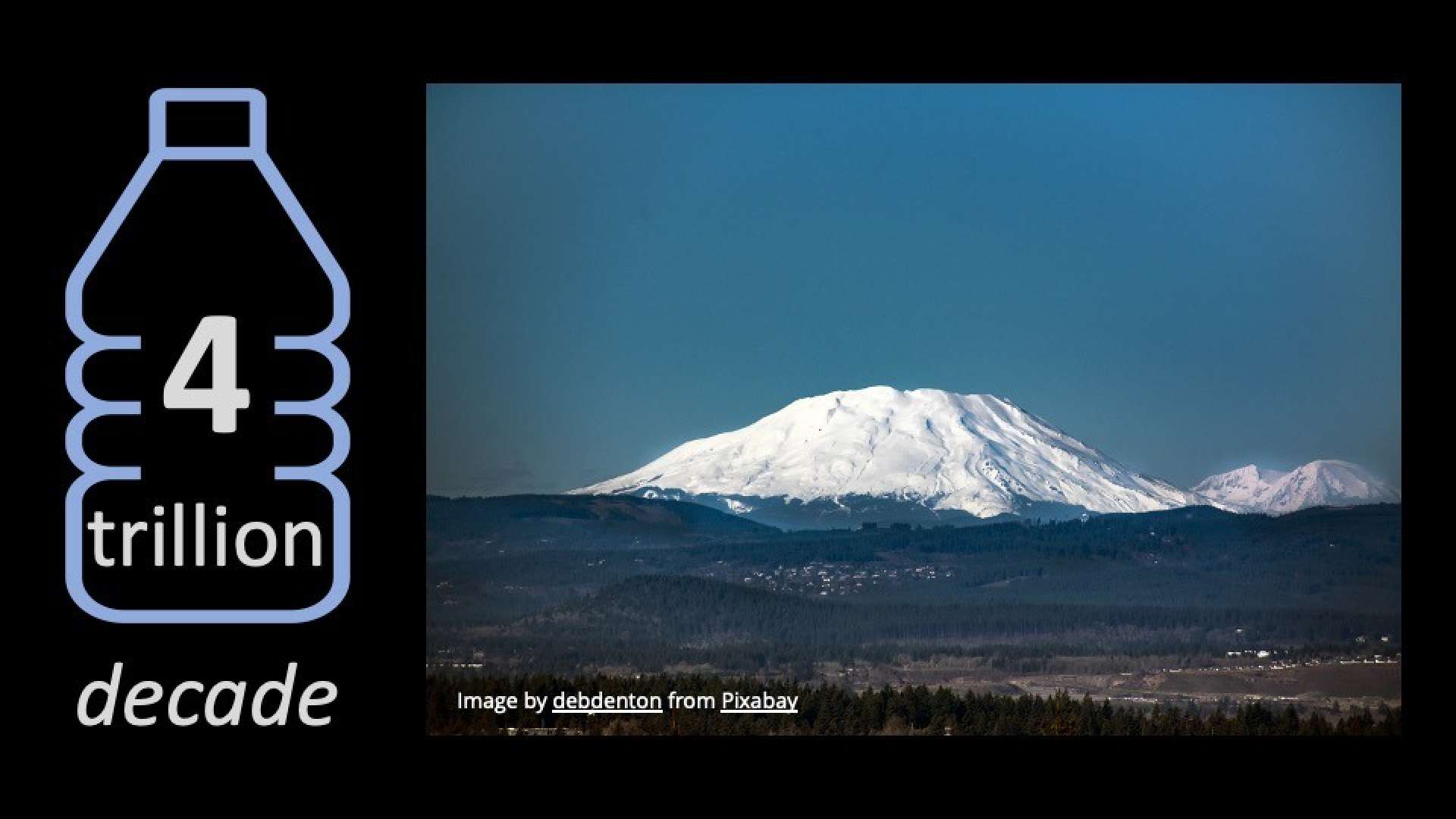
Single-use Water bottles are a tangible example. One million bottles are sold every minute, or nearly 500 billion per year. Over the last decade, 4 trillion bottles have been used and discarded. That equates to a mountain of bottles nearly the size of Mt St Helens. Only 50% are recycled, only 7% become new bottles, and in many communities only #1 and #2 plastic are recycled and more recently communities aren’t recycling at all.
Here’s what you can do. Don’t buy single-use plastic. Always carry a re-usable bottle and coffee cup. Mine have travelled to 5 continents. Choose aluminum cans where possible and if you must buy single-use plastic, buy only what you need.
Care More
What does it mean to Care More? We have to think about our children, our families, our neighbors, and our communities – the Climate Crisis impacts everyone. Nature doesn’t discriminate. And the Climate Crisis will impact some groups disproportionately and we should all care about that.
One – Think about your transportation choices. Our vehicle emissions are greatest along main arteries. This chart from Kerry Brooks at Eastern Washington University shows what this looks like in Spokane. He notes that arteries are used by pedestrians and cyclists in addition to cars. Homes along arteries typically have lower values. These emissions impact everyone but have a greater impact on lower-income populations who live along those arteries, use them to access the bus, and may not have cars with sophisticated air filtration systems. Those who have greater exposure to pollution often develop underlying health issues that put them at higher risk for Covid.
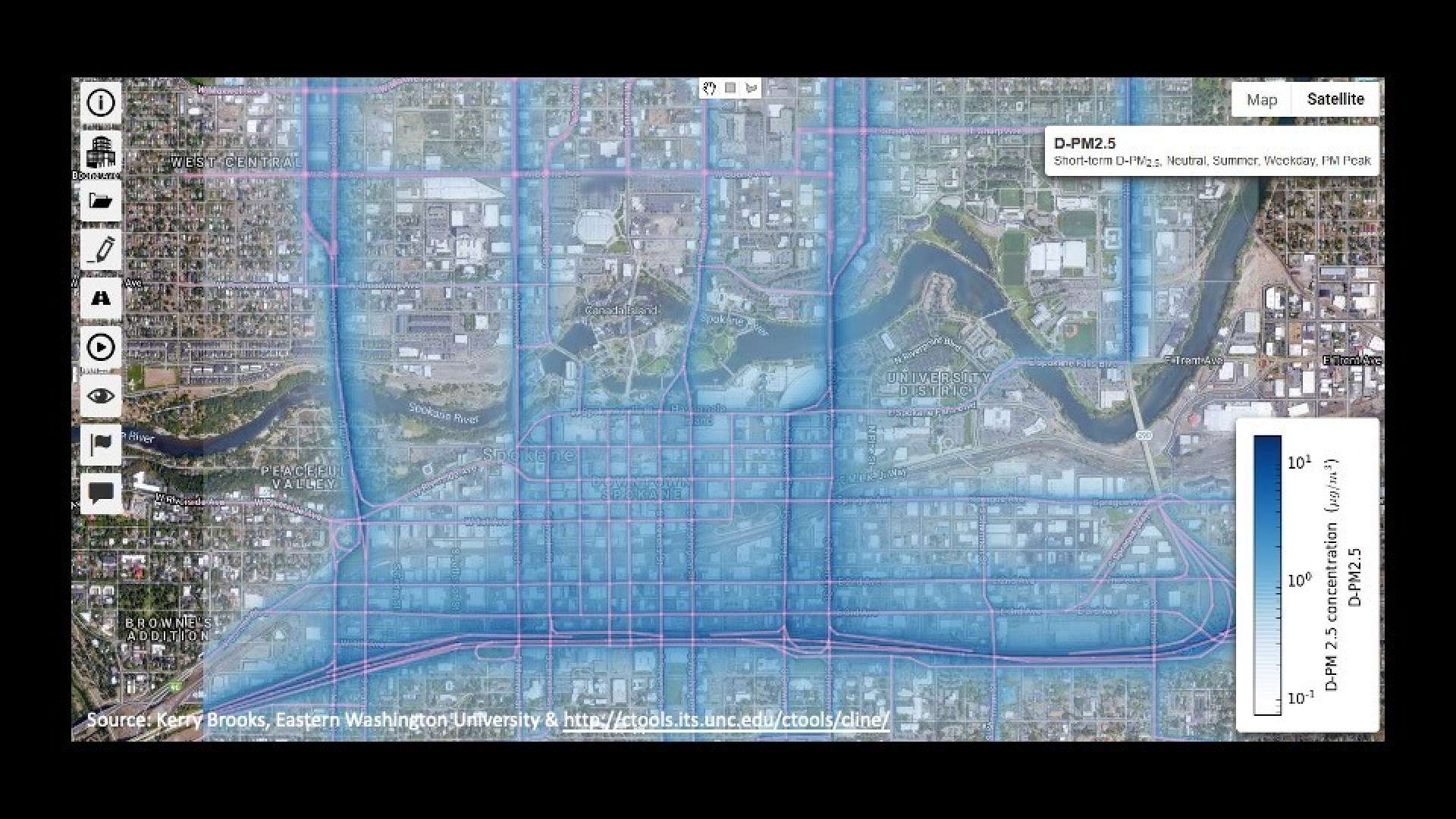
COVID-19 showed that our actions do impact our environment. Los Angeles had some of the best air quality of all major US cities. Delhi, which has some of the worst air pollution in the world, enjoyed their cleanest air on record. This is proof that a change in human behavior has a material environmental impact.
Here’s what you can do. Consider whether driving is necessary, combine errands into a single trip and ride your bike or use public transportation when you can. If you can afford it, buy an electric car.
Two – Plant trees. Spokane has 4 of the 10 lowest-income zip codes in Washington state. Tree canopy is often less dense in low-income communities. You can see that here in Spokane and in cities around the world. But trees matter – the EPA suggests that shade from trees can reduce temperatures by 20-45 degrees. Low-income groups are more significantly impacted by heat waves – they may have to choose between essential purchases and using air conditioning if they have it.
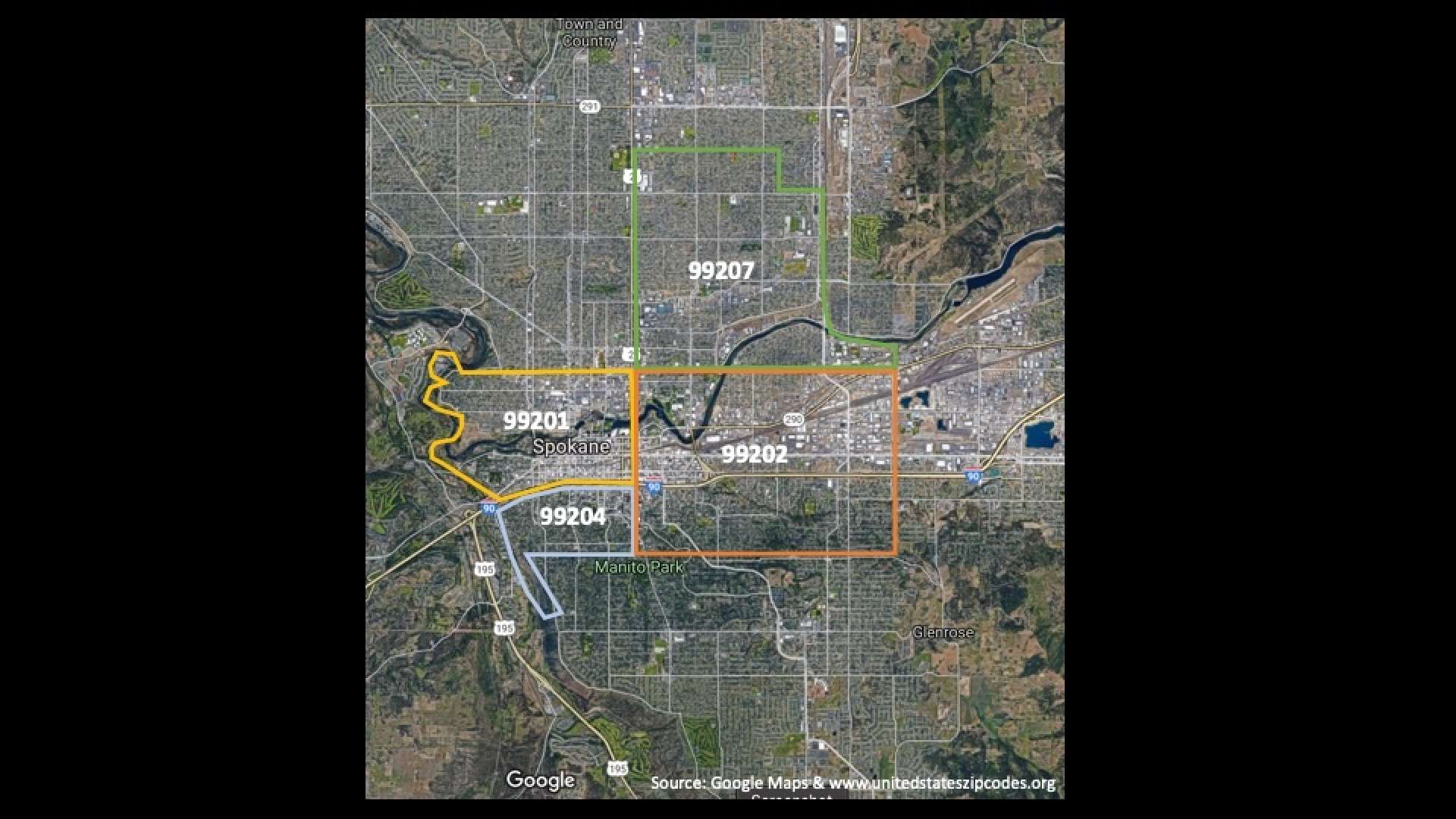
Here’s what can you do. Plant trees in your neighborhood. Support efforts to expand urban canopy, particularly in low-income neighborhoods. And support the integration of affordable housing into all neighborhoods because trees take a long time to grow.
Three – Buy Local. Climate change will impact agriculture, how we feed, and how we financially support our communities. Think about where your food comes from. In our area around Spokane, at least 90% of our food comes from somewhere else, which is astonishing because we have some of the best farmland in the country.
In every community, supporting local farmers provides jobs, improves food security, and supports economic resiliency. Supporting local, independent business impacts how we financially support our communities. By buying from a local business rather than buying online, nearly 50 times more money is retained in the local economy.
This isn’t a political argument: it isn’t anti-global or anti-corporate. This is a human argument: this is about economic resilience, this is pro-local.
Here’s what you can do: Buy from local, independently owned businesses. Eat at local, independently owned restaurants. Buy from local farmers markets and stores that sell local produce. We’ve seen how Covid has impacted our local economy. These actions strengthen our ability to deal with all kinds of future pandemics.
How will you be remembered?
We should all use less and care more. We will all be impacted by climate change – none of us will be spared. We have the solutions and know what we need to do.
We should all commit to using less and caring more. We all need to change our behaviors and use less. We can recognize that we are all humans and care more about each other.
The most immediate action you can take is to vote!! Vote with your wallet. Vote for science. Vote for climate leadership both locally and nationally. Local leadership matters too!

Let me leave you with this. In 1975, Muhammad Ali gave a lecture to a large gathering of Harvard students. At the end, one student asked him to give them a poem. He responded with “Me? Whee!”
George Plimpton noted that this was the shortest poem in the English language. This is my favorite poem; it is absolutely beautiful because of the simplicity of its message. I have always interpreted Ali’s poem like this – ME / WE – because of the symmetry. If you put ME in a mirror, you get WE in return. They are reflections, inextricably linked – just as I am linked to you, and we are all linked to each other.
In this moment, humanity needs less ME and more WE.
When it comes to dealing with the climate change pandemic, I know how I want to be remembered – as a human.
How do you want to be remembered?
